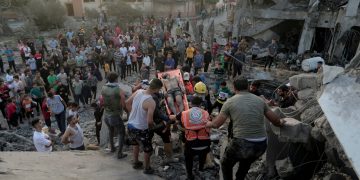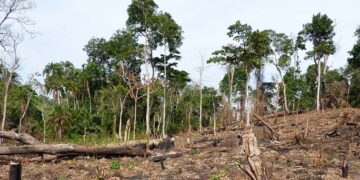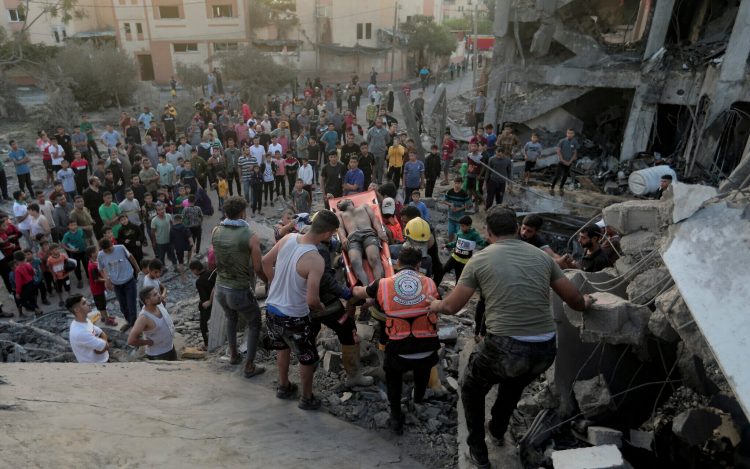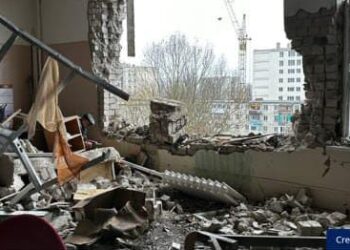HEALTH
Geneva, Switzerland
The World Health Organization (WHO) has welcomed the Gaza ceasefire and the accompanying hostage and prisoner release deal, which brings hope to millions of people affected by the conflict. However, the health challenges ahead are immense, with the entire population of Gaza facing multiple displacements.
More than 46,600 people have been killed and over 110,000 injured, with the actual figures likely higher. Only half of Gaza’s 36 hospitals remain partially operational, with nearly all hospitals damaged or partly destroyed, and just 38% of primary health care centers functional.
An estimated 25% of those injured around 30,000 people face life-changing injuries and will need ongoing rehabilitation. Specialized health care is largely unavailable, and medical evacuations abroad are extremely slow. The transmission of infectious diseases has massively increased, malnutrition is rising, and the risk of famine persists. The breakdown of public order, exacerbated by armed gangs, raises further concerns.
Addressing these massive needs and restoring the health system will be a complex and challenging task, given the scale of destruction, operational complexity, and constraints involved. Billions in investment are needed to support the recovery of the health system, requiring the unwavering commitment of donors and the international community. WHO is ready to scale up the response together with UN health partners including UNFPA, UNICEF, UNRWA, and 67 Health Cluster partners.
Critical to this effort is the removal of security obstacles hindering operations. WHO will need conditions on the ground that allow systematic access to the population across Gaza, enabling the influx of aid via all possible borders and routes, and lifting restrictions on the entry of essential items. Active protection of civilians and health-care workers is essential, as well as expediting medical evacuations for over 12,000 patients and their companions who urgently require specialized care. Strengthening and speeding up the referral system to East Jerusalem and the West Bank, addressing road repairs, rubble removal, and the remediation of unexploded ordnances are also necessary.
WHO and partners will need a massive scale-up of funding to meet immediate health needs and begin to restore the health system, including the workforce, supply chain, and infrastructure. A 60-day plan will be implemented to support the urgent restoration and expansion of the health system, focusing on key priority response areas: trauma and emergency care, comprehensive primary health care, child health, noncommunicable diseases (NCDs), sexual and reproductive health and rights (SRHR), rehabilitation, and mental health and psychosocial support (MHPSS).
Given the immense needs, WHO is scaling up operations and mobilizing critical supplies and resources for delivery into Gaza. A priority will be the assessment and rehabilitation of partially damaged health facilities in high-need areas. Efforts are ongoing to increase bed capacity across selected hospitals in northern and southern Gaza, expand operational capacities, support the hiring and redistribution of national health workers, and increase the deployment of international health workers to fill gaps. Plans are underway to integrate prefabricated clinics and hospitals with existing health facilities to enhance service delivery in underserved and newly accessible areas. Referral processes for critical care within Gaza and cross-border medical evacuations are being strengthened.
Given the high levels of malnutrition and disease outbreaks, WHO is working with partners to expand infant and young child feeding programs, enhance immunization efforts, and reinforce disease surveillance systems for timely prevention, reporting, and outbreak management.
WHO calls on all parties to uphold their commitment to fully implement the ceasefire agreement and continue working towards a political solution to address the protracted crisis in the occupied Palestinian territory, which is essential for lasting peace.








































